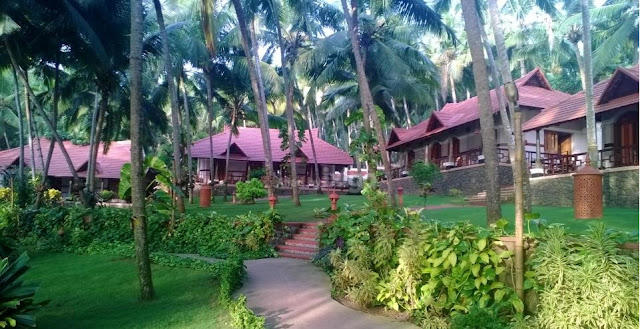INDIAN HERITHGE (A Premise for Arguments) (Page 7)
Prioritising Conservation
Can culture underpin mainstream development? There are many instances and successful endeavours in the past that illustrate it can. cultural reserves must be seen as not on the symbols of past but as anchors of a community's secure future. Heritage can go hand in hand with health, education gender parity and livelihoods.
True, conservation theory and practice have always been hurled with the fundamental question, time and again: Who should be conserved and how much should be conserved heritage stands at risk from neglect but more important from misguided interventions. The limited financial, technical and administrative capacities of our authorities need rationale through which we can take decisions. In developing democracy as ours, legislations, protection laws and heritage-related decisions often dictate the lives people. whereas, the prime focus always is to raise the standards of living and improve quality of life...People build perish...Buildings after all cannot stand forever. Arguably, each generation interrogates history and defines values in its own way. This interrogation is moulded by concerns of the present times and such concerns may be different from those of the past. The Conflict is inherent in that the present can never be the past and retaining past as the present would be a denial of the future. Cultural evolution entails a degree of Change/growth/learning.
Heritage must ideally be the food for cultural fertility, social unity and democratic values; on the other hand, it often becomes fodder for all those with vested interests. The voices have to be many. Unless and until Conservation becomes a mass movement led by the citizens and the professionals as part, any premise for arguments or even hope for the future of the past is failed. Heritage conservation must take in its ambit— the timeless cultural Values; the traditional skills, the practices and the organisational structures of its human resources; the universal principles of management; the existing national framework; the integration of different sectors (planning, development, education, tourism, etc); the roles of the stakeholders; the present needs of the people and the aspirations for the future of the nation. A gargantuan task.
As the last words, we as one from the community, as one from the educated citizenry should remind ourselves our legal mandate: "Any section of the citizens residing in the territory of India or any part thereof having a distinct language, script or culture of its own shall have the right to conserve the same" - Article 29 of the constitution. "It shall be the duty of every citizen of India to value and preserve the rich heritage of our composite culture" - Article 51 ACF) of the Constitution.
The End.




Comments
Post a Comment